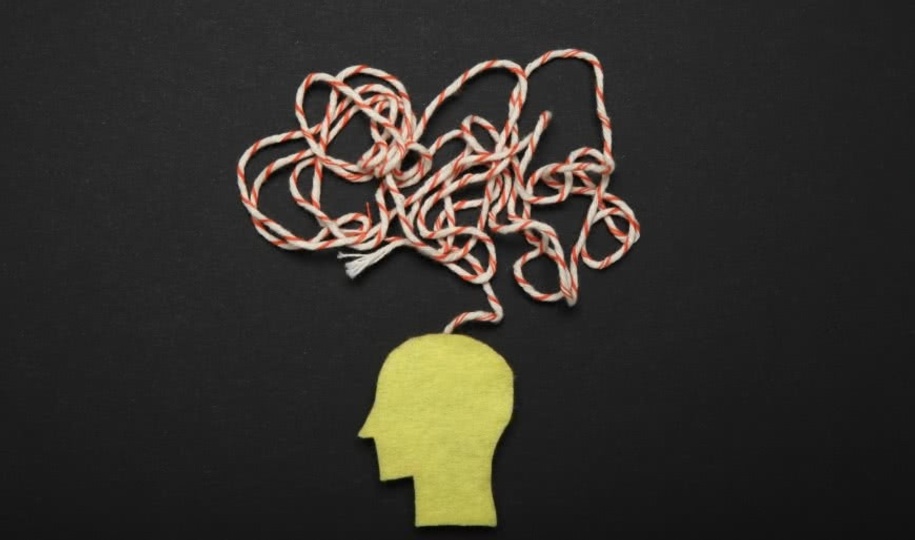
The processing of stress can begin in the brain, even though it may be the body that feels most of the effects.
The Science Behind Stress
![]()
When faced with stressful or confronting situations you may find that your heart starts to pound and you begin breathing faster.
If you’ve heard the term ‘flight-or-fight response’, this is a typical example. It’s your body’s response to acute (short-term or sudden) stress.
But did you know that more everyday forms of stress can bring about the same type of response?[1B] Your body can react like this in mildly stressful situations - like when you receive a cranky message, can’t find your house keys, or are simply running late for work.
What is a stress response?
Stressful situations can release a surge of hormones in your body. A tiny part of your brain known as the hypothalamus reacts to a stressor by sending out signals that trigger production of stress hormones – adrenaline and cortisol in particular.
Adrenaline affects things like your vital signs – it increases your heart rate and may raise your blood pressure, plus it can give you an energy boost. Cortisol can give you an energy boost too, but it also slows some things down – it puts certain functions like digestion on hold, to wait till the immediate stress passes.
These symptoms often pass quickly, once the threat or worry (called a stressor) passes. Stress relief begins when your stress hormone levels fall, and your body transitions back into balance. Your vital signs level out and it’s back to business as usual for your body.
What happens when Stress gets too high or goes on too long?
Stress on occasion or in short-lived moderate doses isn’t a bad thing. In fact, it helps you to be productive and can give you motivation. But you can reach a tipping point where you have either too much stress or experience stress for too long. Situations like this can cause your body to feel stress for longer. The result? Stress can manifest itself in many forms of symptoms, some of the common signs may include:
1. Headaches
2. An upset stomach
3. Mood changes
4. Memory and concentration problems
5. Poor sleep patterns and sleeplessness
Can Stress affect your productivity?
Stress can affect your ability to perform effectively and efficiently. As you can see in the graph below, you’re more likely to perform at your peak when your stress levels are in check – high enough, but not too high. Performing at your peak means that your memory and focus are better, and this can also support your ability to get through challenging tasks such as problems-solving. These are all great reasons to keep stress balanced.
Support with helping balance Stress levels?
Everybody experiences stress differently, so it’s important to find the balance that works for you and keeps you at your peak. For most of us, getting the balance right means doing things that reduce high and prolonged stress, and helps to manage stress when it can’t be prevented.
Reducing Stress
• Try monitoring your stress levels – aim to learn what triggers stress for you, identify the early warning signs and then try to not let stress escalate
• Use problem solving – look for clever and creative ways of avoiding stressful situations for you
• Make an effort to change your perspective and keep a balanced view on everyday triggers of stress – try to imagine the best case scenario, rather than the worst
• Manage your time well – this will increase your productivity plus decrease your stress levels
• Strive for work–life balance where possible - find ways to support yourself when stress rises
Things to help deal with Stress
• Try exercise – run, swim or cycle it out! Find an exercise you enjoy to feel some stress relief
• Relaxation exercises – deep breathing, muscle relaxation, yoga and meditation can help balance the mind and body
• Spend time with family and friends – have a laugh!
• Look after your health – maintaining a healthy diet and try making more time toget good rest and sleep
• Do activities you enjoy – paint, read, walk your dog, or listen to music that relaxes you
• Talk to your health professional especially if your symptoms persist or worsen – they can give you advice on more strategies for dealing with stress.
References available on request